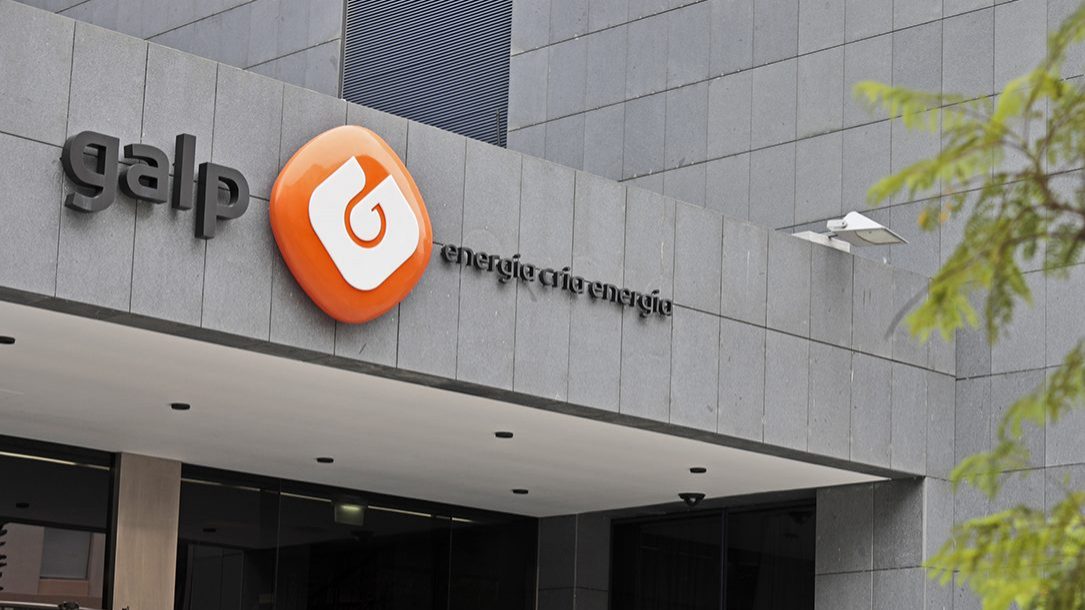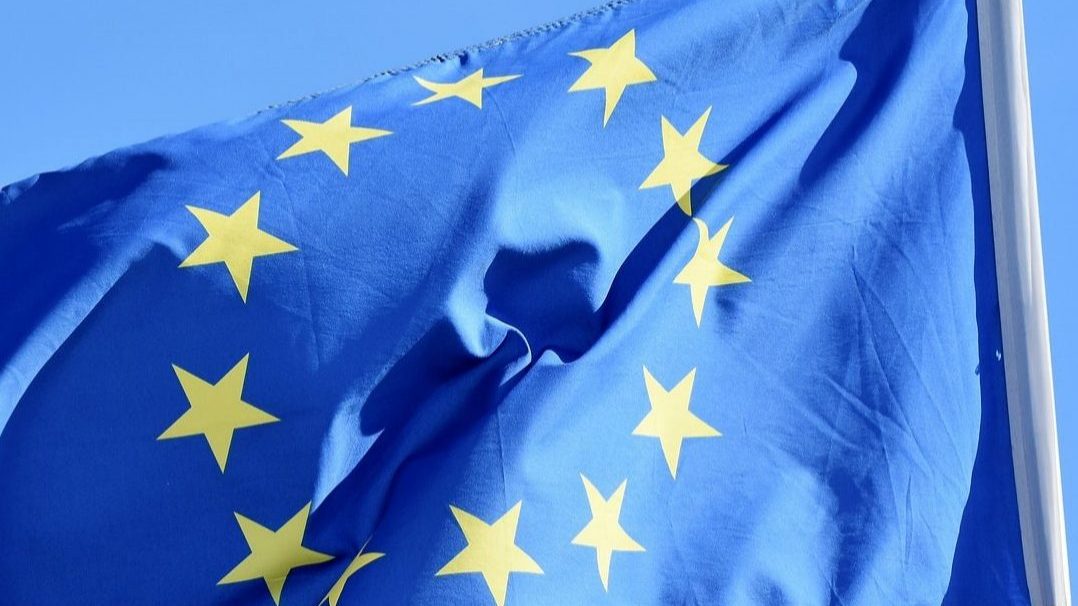Windfall tax will increase litigation
The application of the windfall tax in Portugal will be defined in a proposal that the government will present in the coming weeks.
The new extraordinary windfall tax will increase litigation and reduce the country’s tax competitiveness, say, tax experts, who warn that the measure’s cost will end up being passed on to salaries or prices.
At stake is a contribution that, according to the European regulation approved at the beginning of October, should amount to at least 33% of the profits of companies with activities in the crude oil, natural gas, coal and refinery sectors that, in 2022, have recorded profits that were 20% above the average of those generated “in the four fiscal years beginning on or after January 01, 2028”.
The application of the measure in Portugal will be defined in a proposal that the government will present in the coming weeks, observing a schedule that ensures, as finance minister Fernando Medina mentioned, that it comes into force by the end of this year.
This deadline for entry into force has meant that the measure will have to be legislated separately from the State Budget for 2023 (OE2023), as the budget law only comes into force at the beginning of next year.
Noting that the taxation of corporate income is based on the IRC, in which “companies that make profits, extraordinary or not, are taxed on those profits,” tax law specialist Sérgio Brigas Afonso of CMS Rui Pena & Arnaut believes that the creation of extraordinary taxes, in addition to making the taxation of companies even more complex and onerous, makes Portugal lose competitiveness.
In addition, the same tax specialist told Lusa, “the concept of excessive or extraordinary profits, based on an undetermined concept, may generate, in the future, disputes between companies and the Tax Administration”.
Luís Leon, from the consultancy firm Ilya, also foresees that the legality/constitutionality of this new contribution may be challenged by the companies in question because, as he states, a European regulation is at stake that imposes a “tax on profits that is additional to the domestic tax on profits”.
This special contribution, on the part of profits on which it is levied, notes Luís Leon, is in addition to the normal IRC rate, as well as municipal and state taxes (on the part of profits covered). Against this background, he says, “the 21st century is becoming strange from a tax point of view. Tax law came about as a way of protecting taxpayers from the desire of rulers to tax. Now we peacefully accept tax rates above 60%.”
In addition to the energy sector, the prime minister announced at the end of October, during the general debate on the State Budget 202023, that the bill the government will present for the taxation of windfall profits will also include the distribution sector.
“It is to apply to the profits of 2022, and not the profits of 2023, the draft law that we will present for the taxation of unexpected profits of all companies, which are not only from the energy sector but are also the distribution sector that must pay those profits that are having unjustifiably due to this inflation crisis,” the prime minister stressed at the time.
In response to Lusa, Sérgio Brigas Afonso said that the extension to the distribution sector could not be made based on the regulation.
“The Community Regulation restricts its scope to the energy sector, so I believe that the Community Regulation cannot be used as a basis for taxing extraordinary income from other sectors of activity, namely the distribution sector,” the lawyer said.
Luís Leon noted, for his part, that for the sector of crude oil, natural gas, coal and refining, this tax is created independently of the will of the governments of the member states. “The question of extending this contribution to other sectors, on the other hand, is a decision of the Portuguese government,” he states.
The Ilya co-founder also points out that when taxes are created on companies, “those who always bear them” are the consumers and workers.
“Shareholders have objectives of return on invested capital, so whenever States reduce this profitability through taxation, shareholders look for alternatives to recover the lost profitability: prices or wage costs. Alternatively, they decide to close operations and relocate”, stresses the tax specialist.
Sérgio Brigas Afonso believes that the burden of this contribution should not be passed on to the consumer.
“Contrary to what happens with indirect taxes, as we are dealing with an extraordinary tax on the taxable profits of companies, that is, direct taxation, there can be no repercussion of this tax on end consumers,” said the lawyer from CMS Rui Pena & Arnaut.


